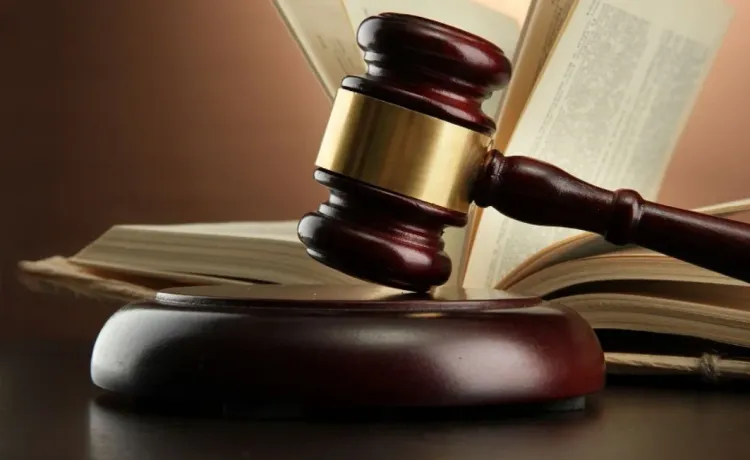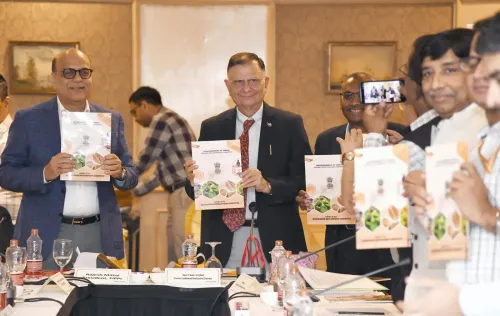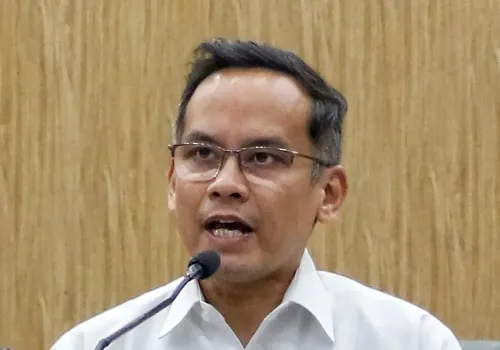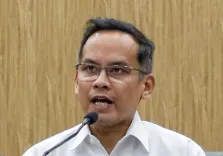Did the Madras HC Order Jayalalithaa’s Niece to Include Her Brother in Tax Dues Case?

Synopsis
Key Takeaways
- Madras High Court mandates inclusion of brother in tax case.
- Tax dues from J. Jayalalithaa's estate total Rs 13.69 crore.
- Legal complexities arise in inheritance and tax recovery.
- Deepa argues against proceedings concerning a deceased individual.
- Time granted for Deepak's inclusion in the case.
Chennai, Oct 15 (NationPress) The Madras High Court has instructed J. Deepa, the niece and legal successor of former Chief Minister J. Jayalalithaa, to formally include her brother, J. Deepak, as a respondent in her writ petition that contests the recovery of income tax and wealth tax liabilities totaling Rs 13.69 crore.
Justice C. Saravanan allowed until November 3 for Ms. Deepa to add her brother to the proceedings, following comments from the Income Tax Department’s senior standing counsel, A.P. Srinivas, who noted that both siblings had been recognized as legal heirs of Jayalalithaa, yet Deepak had not engaged in the recovery actions.
As per the tax authority, the Tax Recovery Officer had initially issued an order on July 23, 2025, aimed at recovering Rs 36.56 crore in tax arrears attributed to Jayalalithaa for the fiscal years spanning from 1991-92 to 2011-12.
The tax liabilities were directed towards her two legal heirs, who inherited her estate after her passing in 2016. Ms. Deepa filed her initial appeal to the High Court on August 7, 2025, asserting that any assessment or recovery action concerning a deceased person is “void ab initio” and thus unenforceable.
She further claimed that she could not be deemed an assessee in default, as she had not received any computation sheets or relevant documentation, while several tax appeals remained unsettled.
Amid the pending petition, the Tax Recovery Officer revised the amount on August 4, 2025, reducing the recovery sum to Rs 13.69 crore. The court later dismissed her initial petition as irrelevant on September 18, leading her to submit a new writ petition against the updated order.
During the proceedings, her attorney articulated that Ms. Deepa had no interaction with the former Chief Minister during her lifetime and was only recognized as a legal heir in May 2020. The Poes Garden residence was transferred to the heirs in December 2021, yet no documents relating to the tax obligations were discovered during the estate inventory.
Upon the judge’s remark that Jayalalithaa’s chartered accountant likely retained the necessary documentation and login information, counsel informed the court that the accountant had passed away during the COVID-19 pandemic.
In granting time for the inclusion of Deepak, Justice Saravanan ordered Srinivas to acknowledge on behalf of the Tax Recovery Officer.







